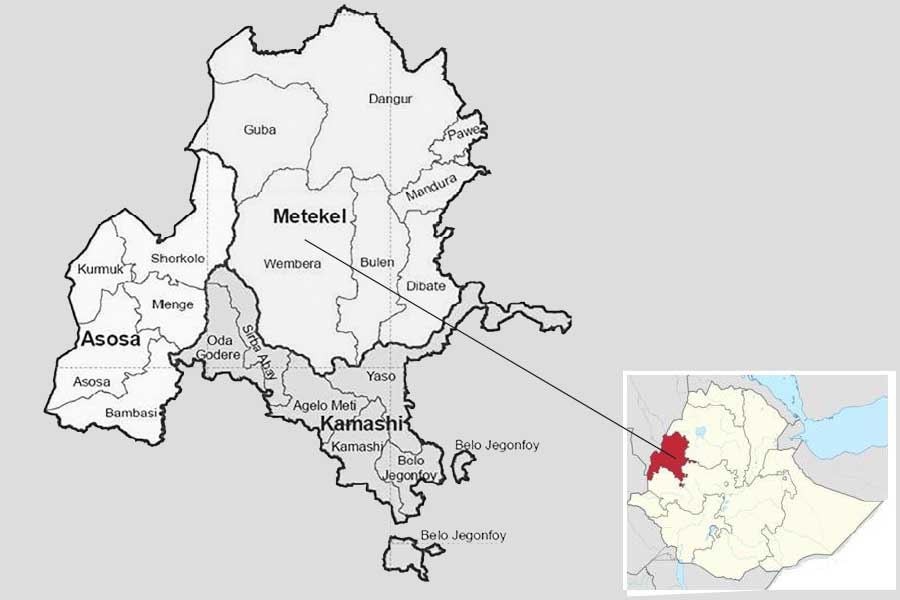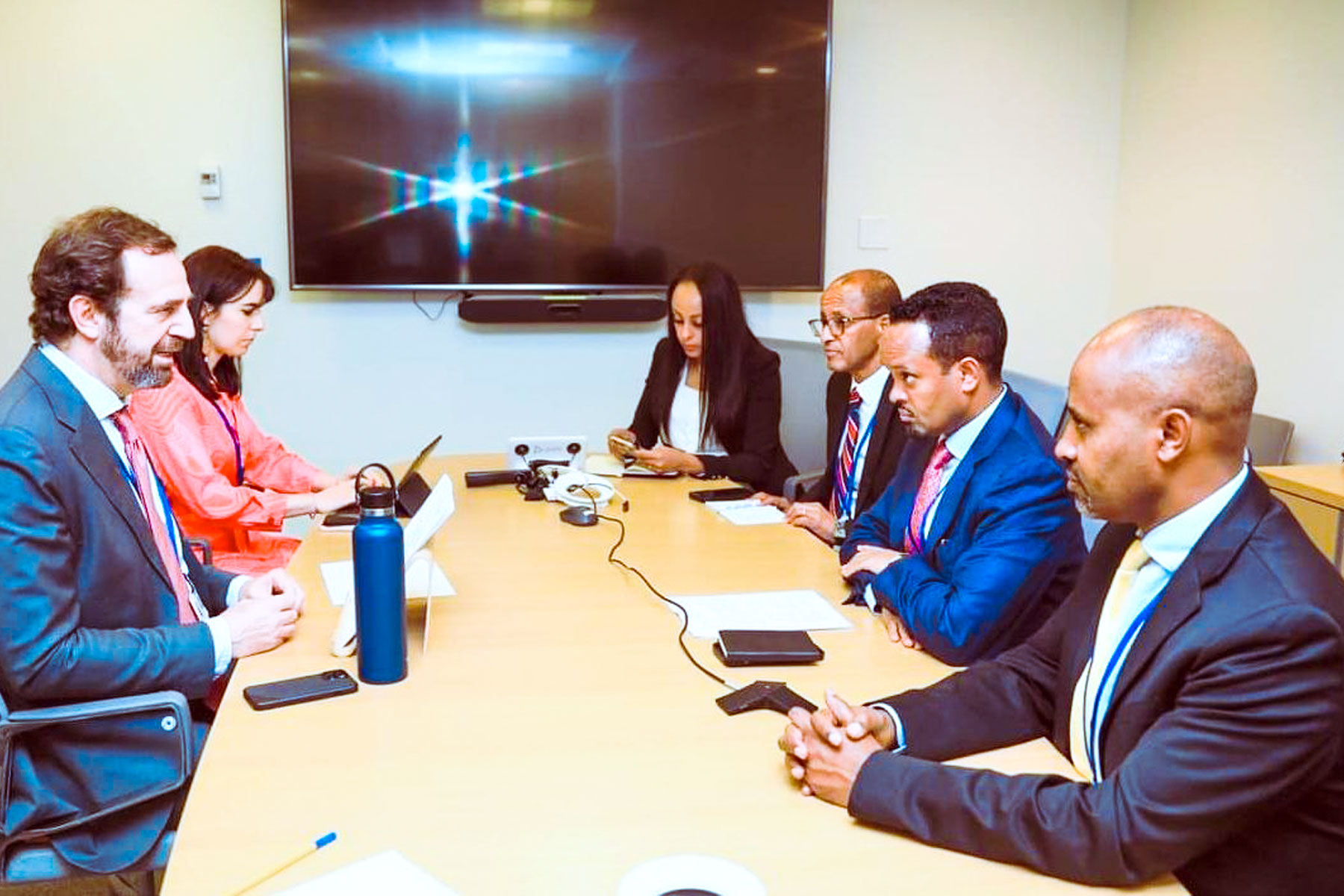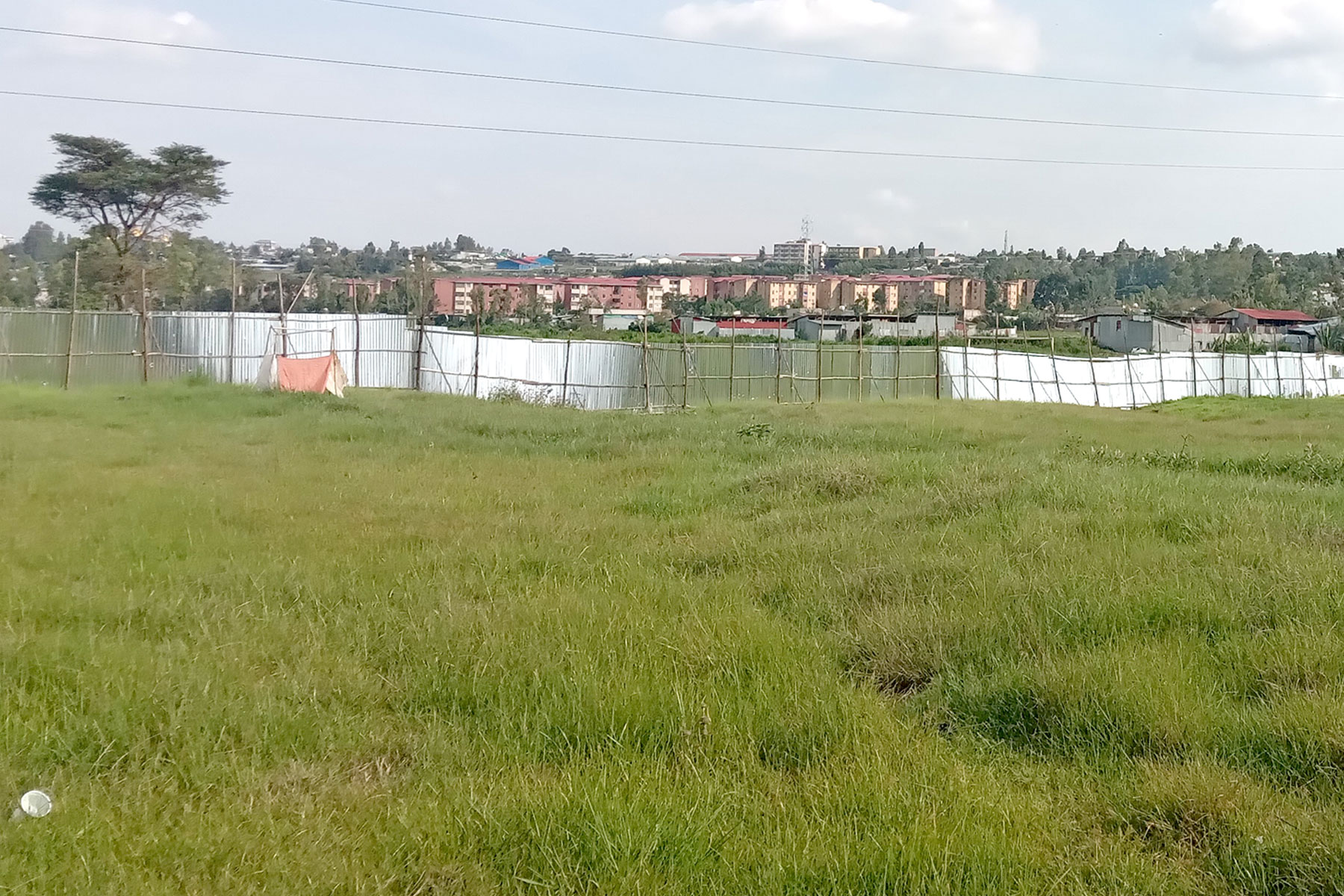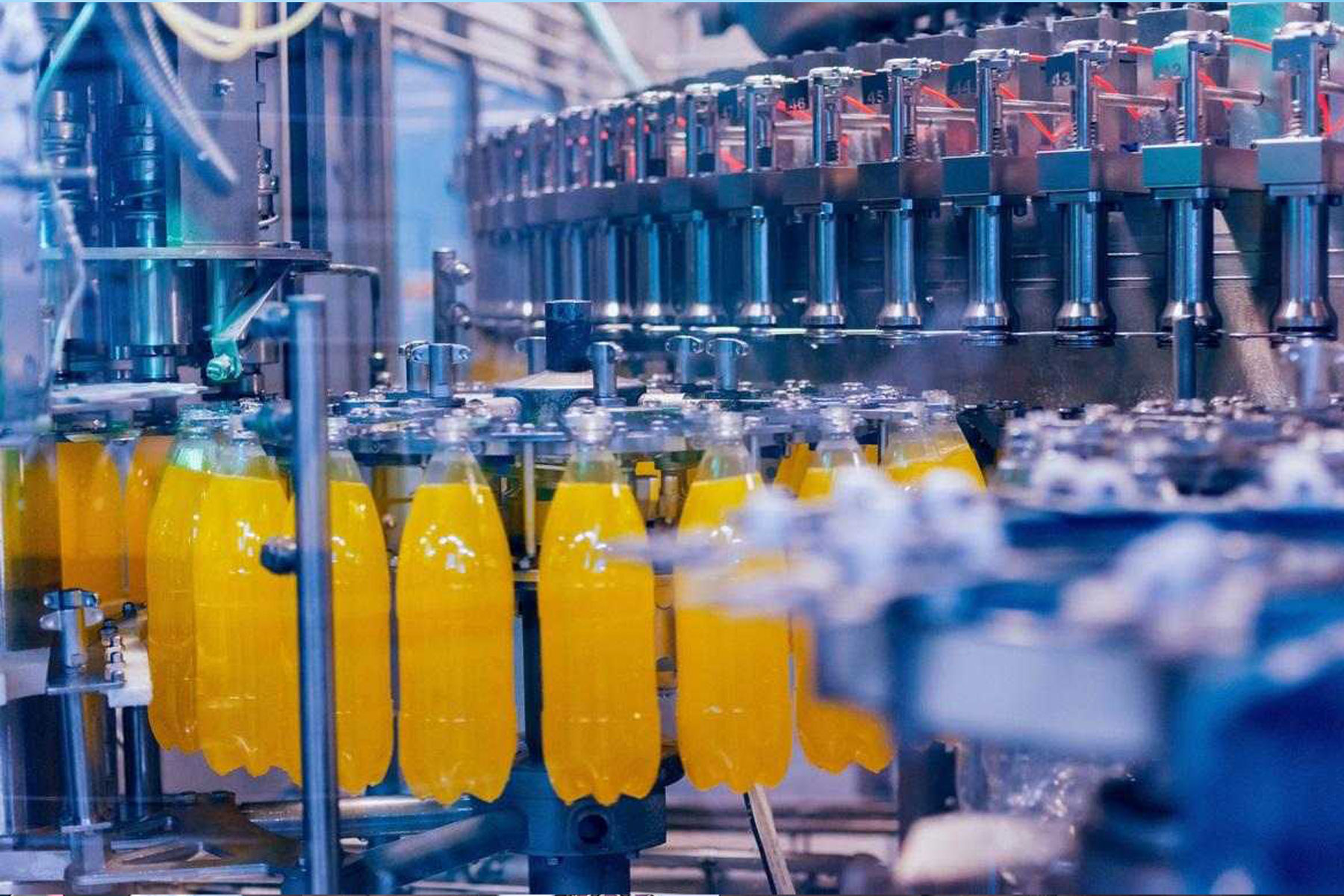
Apr 11 , 2020
By
It has been almost three decades since the United Nations General Assembly proclaimed November 20th as Africa’s Industrialization Day. This was done as part of the first Industrial Development Decade for Africa.
African countries have been aspiring to industrialise their economies since their early days of liberation. By the mid-1960s, many African governments conceived bolder plans and programs on industrialisation. This was further given a regional scope with the adoption of the Lagos Plan of Action in April 1980 for the collective industrialisation of Africa.
Since the 1970s, more specifically as a follow-up to the Lagos Plan of Action, many African countries embarked upon ambitious industrial development programs that were largely driven by massive public investment. Nevertheless, except for a couple of North African countries and South Africa, most of them failed to achieve their stated goals. As a result, Africa’s share of global manufacturing output is still around two percent.
Over the last decade, Africa has seen a renewed interest in industrialisation both from within and the outside world. As we get ready to celebrate Africa’s industrialisation day of 2018, it is crucial for governments to reflect on key lessons from past failures and look at existing and emerging challenges and opportunities.
Primarily, African countries should recognise that industrialisation does not involve an either-or choice between import substitution and export promotion. Rather than focusing on such false dichotomy, countries should pivot to an industrial strategy that improves the well-being of people through job creation and higher value addition to local resources.
Secondly, the most critical infrastructure prerequisite for industrialisation is the institutional infrastructure that includes creating the required human skill sets and institutional systems that drive the industrialisation process.
Development of an effective industry-university linkage is one such institutional system besides having a sound and context-relevant policy environment. Most of the investment that went into the development of huge physical infrastructure across the region thus far largely failed to deliver due to limitations in such key areas.
When it comes to physical infrastructure, public sector investment has a key role to play, particularly in developing energy, transportation and communication infrastructure. However, such investment needs to be coupled or preceded by investment in institutional infrastructure.
Most African countries spend significant resources and time on attracting Foreign Direct Investment (FDI). Even if FDI has a key role to play in facilitating industrialisation, its effectiveness is largely dependent on having the right mix of institutional and physical infrastructure.
Most importantly, African countries need to recognise that they can never industrialise by becoming a dumping ground for obsolete and inefficient industrial production processes in the name of FDI. This is particularly a critical issue now when we consider the progress in different parts of the world, including China, toward a more resource-efficient industrial system.
Moreover, African countries need to prepare themselves to contain the adverse impact and maximise the benefits from the opportunities of digitisation of the global economy.
Last but not least, African countries should make a maximum effort to exploit the emerging opportunities created by recent development in disruptive technologies. These include the opportunities from development in the application of artificial intelligence including block-chain technologies, distributed energy systems driven by renewable energy resources, and distributed manufacturing systems that include modularisation of industrial processing technologies.
These are crucial not only for their exponential economic impacts but also because of their significant distributional outcomes that can promote inclusivity or discourage it.
It has been said that Africa has largely missed all three stages of the industrial revolution of the past two centuries. As we approach the closure of the third industrial development decade for Africa, it is hoped that African leaders and its young and creative generation will make their respective countries part of the industrialisation of the 21st century by taking such lessons into consideration.
PUBLISHED ON
Apr 11,2020 [ VOL
19 , NO
968]

View From Arada | Aug 14,2021

Commentaries | Dec 11,2020

Agenda | Nov 07,2020

Commentaries | Aug 29,2020

Editorial | Oct 16,2020

Editorial | Mar 02,2019

Viewpoints | May 04,2019

Commentaries | Jan 31,2021

Viewpoints | Jan 27,2024

Commentaries | Jul 22,2023

Photo Gallery | 96542 Views | May 06,2019

Photo Gallery | 88823 Views | Apr 26,2019

My Opinion | 67134 Views | Aug 14,2021

Commentaries | 65750 Views | Oct 02,2021

Feb 24 , 2024 . By MUNIR SHEMSU
Abel Yeshitila, a real estate developer with a 12-year track record, finds himself unable to sell homes in his latest venture. Despite slash...

Feb 10 , 2024 . By MUNIR SHEMSU
In his last week's address to Parliament, Prime Minister Abiy Ahmed (PhD) painted a picture of an economy...

Jan 7 , 2024
In the realm of international finance and diplomacy, few cities hold the distinction that Addis Abeba doe...

Sep 30 , 2023 . By AKSAH ITALO
On a chilly morning outside Ke'Geberew Market, Yeshi Chane, a 35-year-old mother cradling her seven-month-old baby, stands amidst the throng...

Apr 20 , 2024
In a departure from its traditionally opaque practices, the National Bank of Ethiopia...

Apr 13 , 2024
In the hushed corridors of the legislative house on Lorenzo Te'azaz Road (Arat Kilo)...

Apr 6 , 2024
In a rather unsettling turn of events, the state-owned Commercial Bank of Ethiopia (C...

Mar 30 , 2024
Ethiopian authorities find themselves at a crossroads in the shadow of a global econo...

Apr 20 , 2024
Ethiopia's economic reform negotiations with the International Monetary Fund (IMF) are in their fourth round, taking place in Washington, D...

Apr 20 , 2024 . By BERSABEH GEBRE
An undercurrent of controversy surrounds the appointment of founding members of Amhara Bank after regulat...

An ambitious cooperative housing initiative designed to provide thousands with affordable homes is mired...

Apr 20 , 2024 . By AKSAH ITALO
Ethiopia's juice manufacturers confront formidable economic challenges following the reclassification of...